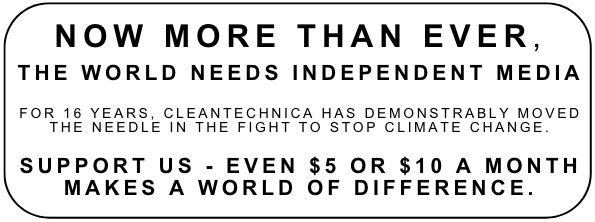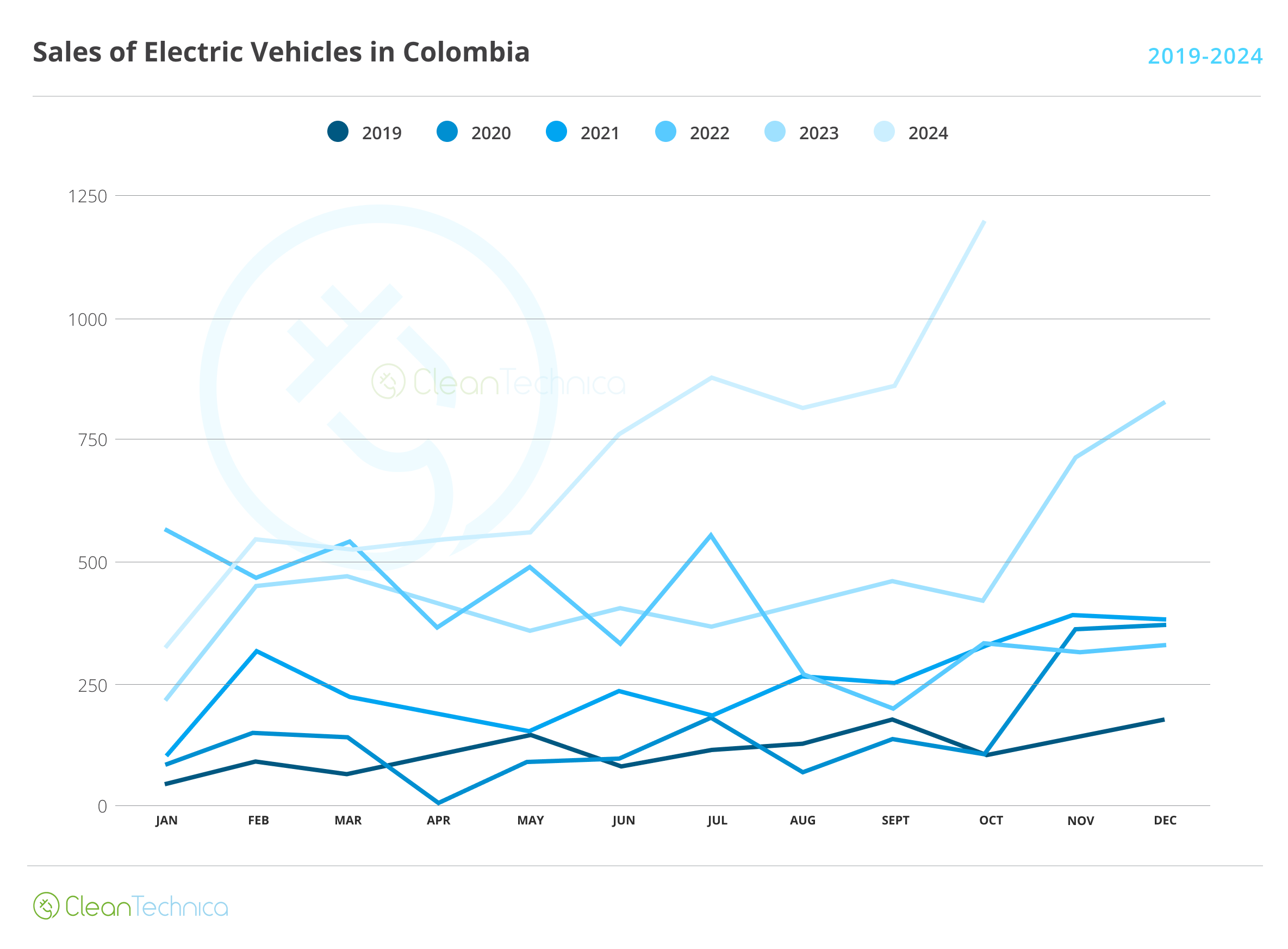
Sign up for daily news updates from CleanTechnica on email. Or follow us on Google News!
In recent days, media and social media have been talking a lot about the killing of UnitedHealthcare’s CEO on a New York street. The alleged killer, Luigi Mangione, has become a bit of a folk hero to many, largely because so many people have struggled to deal with health insurance companies. Seeing someone literally kill “The Man” is cathartic for some people all across the political spectrum.
This basic formula (as illegal and immoral as it may be) can obviously apply to any industry that people don’t trust. When a company screws people over regularly enough, and then the law fails to remedy the situation quickly enough, there’s a subset of the population that will consider taking the law into their own hands to get back at those who they feel wronged them.
Recently, we’ve seen this play out at a car dealer in Utah.
A Sandy, Utah, police investigator said that they’ve never seen anything like this, and that he hasn’t seen it at all in his whole career. While nobody has officially tied this to the CEO killing and the man who drove into the dealer is (smartly) not talking about his motives and inspirations, plenty of online commenters on all platforms have made the connection. It’s hard to not see the parallels, even if this attack on the dealer wasn’t meant to kill anyone.
Just to be crystal clear before I continue discussing this: Neither me nor CleanTechnica would ever recommend that anyone engage in vigilante justice. Even if you’d be justified in doing so (that’s obviously debatable), it’s illegal and it will probably land you in prison. It’s also not good to kill people or endanger lives when there’s literally any other option available to you. Killing should be reserved for situations where it’s immediately needed to protect innocent human life.
That having been said, the illegality or alleged immorality of this kind of violence doesn’t mean that we can’t learn something from it. When we see people losing it like this, we shouldn’t just blame them and call it a day. We should analyze the situation and then look for ways to keep people from feeling like they needed to get violent.
Ways This Situation Can Be Improved
If you ask any person what kinds of companies they hate dealing with, car dealers will almost always come up. The adversarial process of buying a car for a fair price, the long time you have to spend going through the process, the games dealers play to wring more money out of you, and often attempts to defraud you — this all adds up to something that people hate dealing with.
Companies like Tesla and Rivian have been a breath of fresh air for people. Being able to just go online, choose a configuration for the vehicle, and then buy it makes a lot of sense. Time is money, and a straightforward process leaves fewer opportunities for extra “services” and “products” to be added that drive the cost up beyond what you originally wanted to spend.
Used car buyers have also been flocking to alternatives. Companies like Carmax and Carvana offer a similar experience, with online shopping, set prices that are fairly reasonable, and a straightforward, transparent buying process. The company makes some money, the customer gets a car, and (at least in most cases) people come out happy in the end.
This is great for the new market and the higher end of the used market, but toward the bottom of the market, there’s nothing like this. Car dealers, whether traditional ones or no-haggle types, won’t touch a 20-year-old car with a 10-foot pole. Some car lots on the back streets will sell them, often to take advantage of people with no money via “buy here, pay here” arrangements that involve vehicle trackers, remote shutoff devices, super high interest rates, and quick repossessions when someone falls even a day late.
But, if you’ve got the cash and you’re willing to take a risk, you can get a running vehicle for just a few thousand bucks. The back street lots have them all day, Craigslist and Facebook Marketplace have them in abundance, too. But, sometimes a more “reputable” car dealer will sell you a trade-in that they were going to sell at auction to save themselves some hassle, and that’s what happened here.
But, “as is” can mean different things to different people, especially across state lines. In some states, there are implied warranties on used cars, and dealers are required to take a car back if it has serious mechanical problems. Utah is not one of those states, but even so, people expect to at least have a car without serious problems if it was traded in to a dealer. The manager told the media that the car wasn’t inspected, but what dealer in their right mind would take a trade-in without making sure it isn’t junk first?
One possible answer would be for more states to adopt implied warranty laws, and require dealers to take a vehicle back under this kind of sketchy situation. This would keep people who had saved up thousands of dollars from ending up without transportation. But, this would only result in more cars getting sent to the junkyard instead of cleaned up and fixed. It would also drive up the price of used cars.
Another answer would be to not rely strictly on paperwork and laws when selling a car like this one. Obviously, the man thought he was going to get a running car without serious problems, even if he signed a paper saying that he was buying the car “as is”. If he didn’t seriously think he was getting an OK vehicle, he wouldn’t have become so irate as to crash it into the dealer. Nobody should be selling a car without being sure that the customer knows what they’re getting and what the uncertainties are.
Finally, EVs are going to at least partially solve this. Things can and do go wrong with older EVs and lower quality EVs without liquid cooling. As they age, electronics can fail, and there will eventually be EVs on used car lots that really are on their last leg. People will be ripped off. But, on average, the lower number of moving parts will increase the supply of used cars that at least run well, even if the range isn’t what it used to be.
Featured image: a screenshot from the embedded video (fair use).

Chip in a few dollars a month to help support independent cleantech coverage that helps to accelerate the cleantech revolution!
Have a tip for CleanTechnica? Want to advertise? Want to suggest a guest for our CleanTech Talk podcast? Contact us here.
Sign up for our daily newsletter for 15 new cleantech stories a day. Or sign up for our weekly one if daily is too frequent.
CleanTechnica uses affiliate links. See our policy here.
CleanTechnica’s Comment Policy




